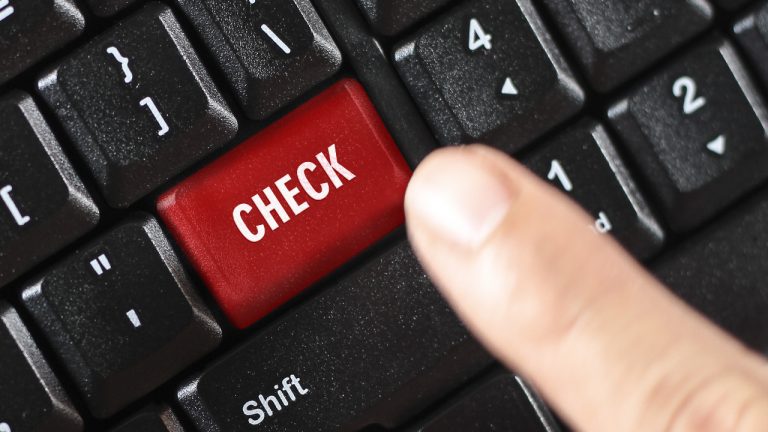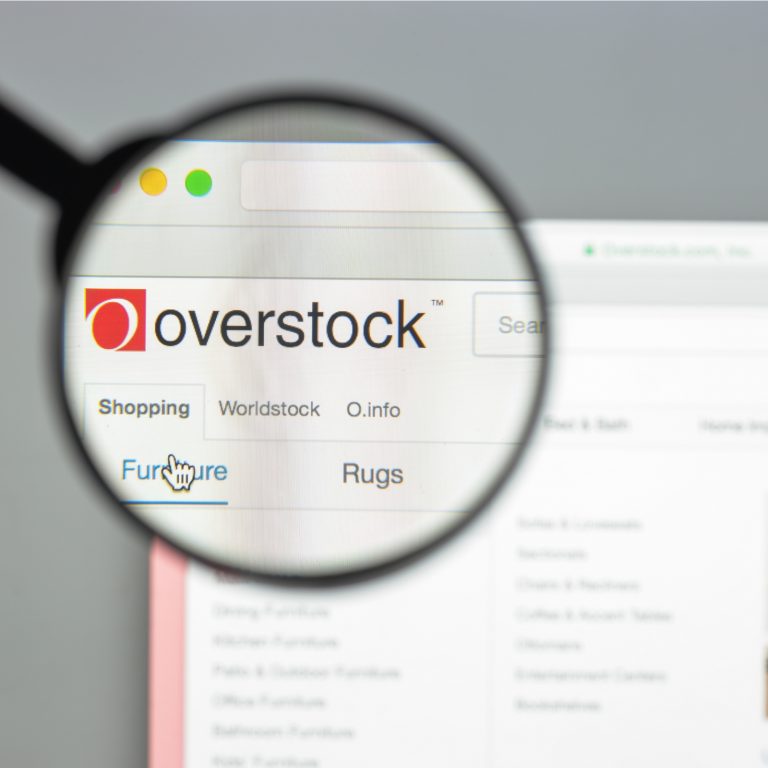2018-10-25 23:04 |
Whether you are looking to send, receive or store Bitcoin, in order to access the system you need one thing: a Bitcoin address. So what is it, how does it work and how do you get one? In our ‘What is a Bitcoin address’ guide, we’ll take you through all of these questions.
What is a Bitcoin address?A Bitcoin address is a like a bank account for your Bitcoin: it is an identifier for the parties involved in transactions, and a place where Bitcoin can be stored.
Bitcoin addresses consist of a long-set of alphanumeric characters, between 26-34 characters in length. To give you an idea of what a Bitcoin address actually looks like, take a look at an example:
1A1zP1eP5QGefi2DMPTfTL5SLmv7DivfNa
As demonstrated by this example, Bitcoin addresses always begin with either the number “1” or the number “3.”
How are Bitcoin addresses used?Bitcoin addresses are used first and foremost to store Bitcoins. Whenever you store Bitcoin in a wallet, your wallet software will create one or more addresses as well. Users can create additional addresses and use them for different purposes. For example, if you are a small business owner, you might want to have different payment addresses for each of your regular clients, in order to help you keep track of payments.
Many users will even create a new address for every single transaction. The reason for this is that some people are uncomfortable with the fact that Bitcoin’s blockchain protocol allows people to view an address’s balance and transaction history. By creating a new address every time you receive funds, you can restrict the ability of others to discover information about your transaction activity — thus increasing your privacy. Thankfully, you can create as many Bitcoin addresses as you like.
The second primary use of a Bitcoin address is to participate in transactions, specifically if you want to receive Bitcoins from someone else. In this instance, you would give your transaction partner the address that you want the Bitcoin sent to. Upon completion of the transaction, the Bitcoin will appear in that address.
Importantly, the reverse is also true: if you need to send Bitcoin to another party, you will have to get a Bitcoin address from them to use as the destination for the transfer.
Bitcoin Address vs Private KeyPeople often make the mistake of thinking that a Bitcoin address is the same as a private key — which couldn’t be further from the truth. As stated in the previous section, your Bitcoin address is given out in order to receive Bitcoin. Your private key, on the other hand, is used to send Bitcoin. Building off of our earlier analogy in which we said a Bitcoin address was like a bank account number, a private key is like a password or a PIN: a secret code that is required before moving funds.
In case it wasn’t already clear, never give anyone your private key. As for how to keep your private keys safe, take a look at our recommended Bitcoin wallets.
How to Create a Bitcoin AddressOnce you have installed a Bitcoin wallet, you can easily create a new address within the wallet software. All of your individual Bitcoin addresses can then be stored in the same wallet, which makes them easy to manage.
Are Bitcoin addresses anonymous?Bitcoin is often described as an anonymous payments system, as users do not need to identify themselves when accessing the network. Although this is true to an extent, the system is better-described as pseudonymous. What this means is that in certain circumstances, Bitcoin transactions can be attributed to a user’s real-world identity.
For example, if you used a third party exchange like Coinbase to purchase Bitcoin and paid with fiat currency, you would need to verify your identity by uploading a government issued ID. At this point, your Bitcoin address would be directly linked to your identity. From this moment on, theoretically every transaction that you make would be traceable through the blockchain ledger.
However, if you were to use a fresh Bitcoin address every time you made a transfer, then you would vastly increase your ability to remain anonymous.
Regardless of what method you use, Bitcoin addresses will always be pseudonymous, insofar that historical transactional data cannot be amended once it has been confirmed by the blockchain.
ConclusionAnd that’s the end of our ‘What is a Bitcoin address’ guide. If you’ve read it all the way through, you should now have a comprehensive overview of what a Bitcoin address is, how they work and how to get one (or more) for yourself.
The post What is a Bitcoin Address? appeared first on UNHASHED.
origin »Bitcoin price in Telegram @btc_price_every_hour
Bitcoin (BTC) íà Currencies.ru
|
|











